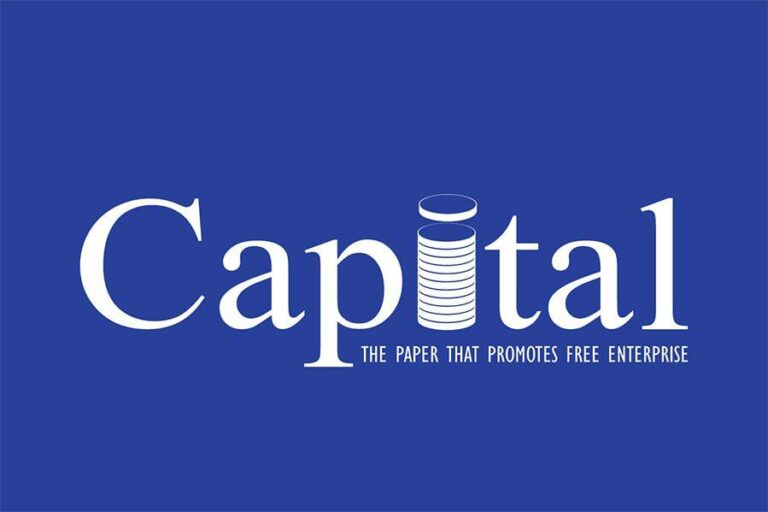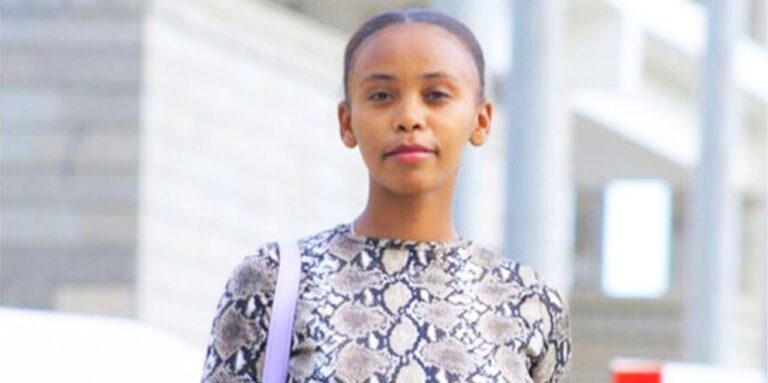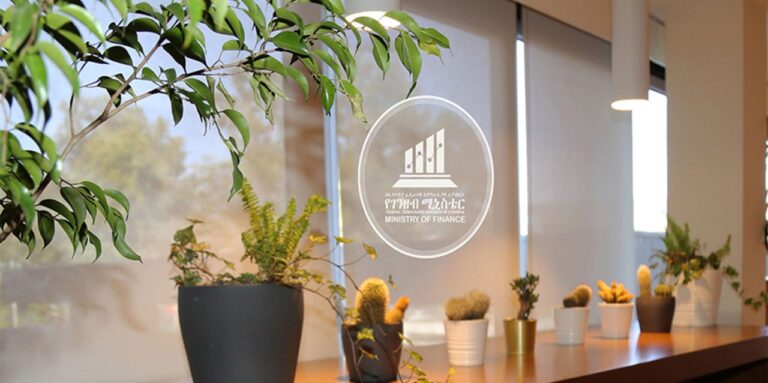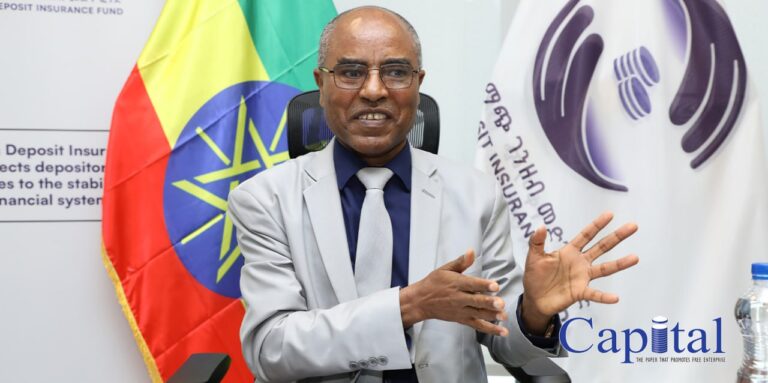The Ministry of Finance (MoF) reports that the nominal GDP of Ethiopia exceeded USD 200 billion at the conclusion of the past budgetary year. For the first time in four years, the influx of foreign resources has had favorable results.
According to MoF, Ethiopia’s GDP has grown by 6% during the last three years. As a consequence, the nominal GDP reached USD 207 billion in June 2024, surpassing USD 200 billion.
The GDP of the nation was estimated to have been around USD 163 billion in the previous year.
The government was negotiating debt relief throughout the fiscal year when it was getting ready to execute a historic and significant macroeconomic reform, which included a floating exchange rate regime.
The administration had informed that the negotiations with significant bilateral creditors were proceeding well at the time of the new reform’s July introduction.
According to the MoF’s most recent assessment of the nation’s debt, the Official Creditor Committee (OCC) members’ debt service standstill agreement offers significant short-term assistance.
It added that projections account for the re-profiling of debt payments amounting to USD 2.5 billion owed to all official bilateral creditors in 2023 and 2024. “However, due to increased debt service obligations in the fiscal years 2026/27 and 2027/28, the net standstill amount will total USD 1.4 billion.”
Debt treatment under the Common Framework of the G20 is estimated at USD 3.5 billion, bringing the total debt relief to USD 4.9 billion.
According to MoF’s debt bulletin, foreign public sector debt disbursements between July 1, 2023, and June 30, 2024, were USD 1.38 billion, with IDA, as usual, accounting for the majority of this amount.
The nation paid USD 1.25 billion in debt service during that time, making the net resource transfer for the year USD 123.75 million.
Though the sum is quite small compared to four years ago, the positive inflow for the year is the first since the 2019/20 budget year.
Recall that China and the Paris Club countries decided to postpone debt payments for the budget year in question.
Financial institutions, including insurers at the Development Bank of Ethiopia (DBE), acquired bonds totaling 39.2 billion birr throughout the year.
The National Bank of Ethiopia (NBE) mandated that insurance and Ethiopian reinsurance companies invest in DBE bonds at least 15% of their net income, per Directive No. SIB/54/2021, which went into effect on September 1, 2021.
Similarly, commercial banks were required to invest in DBE bonds at least 1% of all outstanding loans and advances annually, per Directive SBB/81/2021.Similar to this, as of June 30, 2024, the amount mandated by Directive No. MFDA/TRBO/001/2022, which requires all commercial banks to acquire a five-year treasury bond at 20% of their new loan disbursement, has increased by 145%, or 55.7 billion birr. It was 38.3 million birr as of June 2023 and reached almost 94 billion birr in June 2024.
As of June 30, 2024, the total amount owed for Direct Advance climbed to 242 billion birr, from 130 billion birr as of June 2023, according to the MoF report.
It has risen by 86%, exceeding the government’s August 2023 objective of no more than a third above the previous year’s level.
On June 30, 2024, the total public sector debt, including domestic debt, increased to USD 68.1 billion, a jump of 7.5 percent, of which 42.3 percent was external debt, over the reporting period.
This is because there was a 12 percent increase in domestic debt and a 1.9 percent increase in external debt, which totaled USD 28.8 billion.
As of June 30, 2024, domestic and external public sector debt accounted for around 32.9% of nominal GDP, with external debt comprising over 13.9%, according to the MoF’s bulletin.
Ethiopia’s foreign debt would rise to 28.3 percent of GDP in the 2024/25 budget year and then decrease to 26.6 percent in the following budget year, according to the International Monetary Fund’s (IMF) most recent analysis.
The IMF and the World Bank are among the many partners providing the nation with enormous sums of resources in the 2024/25 budget year. These organizations are backing the macroeconomic reform that was formally unveiled on July 29.







